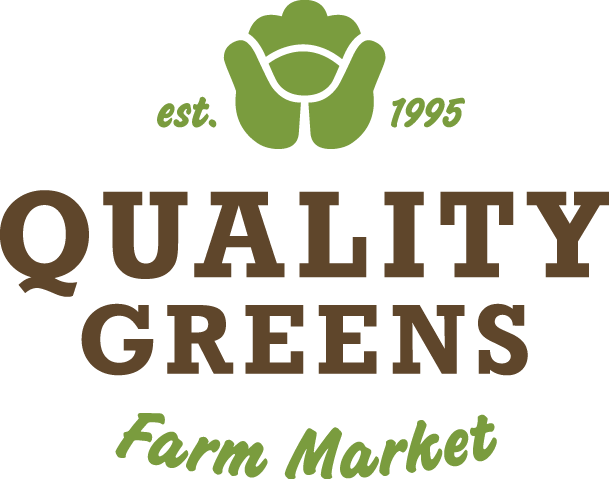
Fermented Foods
July 28, 2021 by Lisa Aschenbrenner
The benefits of fermented foods
I’d like to write this week to provide a reminder of the benefits of fermented foods. These types of foods are such a simple way to increase nutrient intake, but even more importantly, it is an incredible way to increase your gut microbiome.
What is a gut microbiome?
The gut microbiome, is defined by molecular biologist Joshua Lederberg, as the totality of microorganisms, bacteria, viruses, protozoa, and fungi, and their collective genetic material present in the gastrointestinal tract (GIT).
These are the “good bugs”.
These microorganisms play an important role in nutrient and mineral absorption, synthesis of enzymes, vitamins and amino acids, and production of short-chain fatty acids (SCFAs).
The fermentation byproducts acetate, propionate, and butyrate are important for gut health and provide energy for epithelial cells, enhance epithelial barrier integrity, and provide immune modulation and protection against pathogens. Current investigations are exploring resident bacterial gene function and the potential corresponding role in human health and metabolism.
What benefits come from having good bacteria in your microbiome?
1.) IMMUNE - Strengthens immune system and its helpful response. It is like a frontline army that helps to fight bad bacteria and invaders.
2.) MOOD - Beneficial gut bacteria helps to produce serotonin, the feel good hormone for mood regulation.
3.) DIGESTION and NUTRIENTS - Helps us to pre-digest foods allowing foods we eat to be more bioavailable for absorption. This also helps to decrease food sensitivities.
How do we get more good bugs?
By eating foods that are fermented, you are naturally adding beneficial bacteria to your body for numerous health benefits.
Here is a list of foods that are fermented. Most cultures have used these foods as a meal stating point, in order to help them to digest the foods they were eating in their meals.
Fermented Veggies
Sauerkraut, Kimchi, Pickled beets/cucumbers/etc
** Note that true fermented items listed above, will be found in the refrigeration section of your local stores, but these are also easy to make at home. A true ferment will not include vinegar.
Fermented Beverages
Kombucha, Kvass, Kefir
Bean Ferments
Miso, Tamari, Tempeh
Dairy Products
Yogurt, Kefir, Cheese
Cider Vinegar
Apple Cider Vinegar
Some easy ways to add these into your meals include making your own salad dressings with apple cider vinegar as well as adding pickled veggies as a condiment or pre-meal appetizer.
Note - eating fibre helps to feed and grow your good gut bacteria. Where eating sugars helps to feed and grow bad gut bacteria.
How to get started?
If fermented foods are not part of your daily plan then start slow. Bacteria, both good and bad, produces gas. If you have a gut microbiome imbalance, this change as it the microbiome recolonizes, can cause some gas and bloating and such.
Your local Quality Greens Market has both fermented products, as well as the ingredients to make your own fermented foods.
Have a great week,
Lisa.

